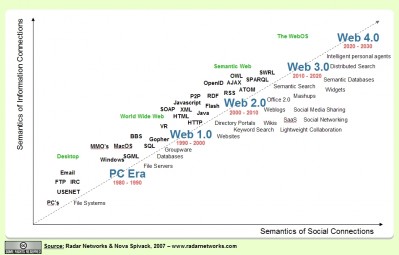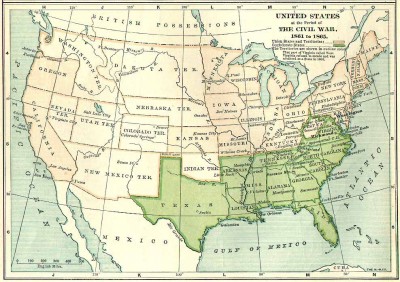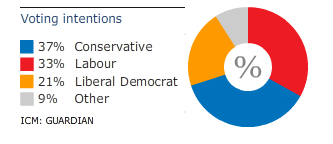
In the Chronicle of Higher Education, an article on outsourced grading to India, Singapore, and Malaysia is causing controversy. Academics and others are chiming in on the issue, with many deriding the practice, some claiming that it’s a “scam” and others defending the practice.
Even if the “quality” issue were settled, I get a sense that many would still balk at the practice. In a sense, isn’t outsourcing grading and providing feedback on papers an outsourcing of what should be a core competency of an institution? Although, try this on. With the advent of assessment fever that can result in rubrics that specify (a) what is expected of the students, (b) the criteria with which they will be evaluated, and (c) the metrics that comprise a grade, isn’t the grading and feedback just a simple matter of execution? That is, the heavy lifting and the value-added is in the rubric, not the labour?
I’m not so sure. In some contexts, having someone very familiar with the material and the classroom interactions doing the grading makes a lot of sense. I will say that I think that in certain other contexts, the use of outsourced grading doesn’t compromise quality. In fact, it may actually increase quality in some settings, as I’ve seen shockingly bad feedback, memos, and letters—written not by grad. students, but by faculty. When I was a TA for an MBA Global Business course, I checked the math of students calculating exchange rate agios and applying various formulae. If this were outsourced, I don’t think this would be a travesty.
Here’s the experience at a rural California community college in the sparsely populated west San Joaquín Valley::
“Acceptance has been a little easier at West Hills Community College, in Coalinga, Calif., which turned to Virtual-TA to help some students in its online classes get more feedback than instructors for such classes have typically offered. The service is used for one section each of three online courses—criminal justice, sociology, and basic math. Instructors can use it for three to five assignments of their choice per student…The feedback from Virtual-TA seems to make the difference between a student’s remaining in an online course and dropping out.”
Should there be policies on who does what in higher education? Not just the grading, but on who does the teaching? I think there needs to be more transparency and more information provided about the delivery of education. What should be guiding these decisions from an institutional or policy perspective is how costs and efficiencies are being balanced with the value-added experience of higher education. I think distance learning and online programmes will test the limits of how the educational experience should be defined.
Those in higher education should watch how these issues evolve, as it’s showing how labour dynamics of skilled work are being addressed in a globalized world of supply, demand, cost efficiencies, and values.
Twitterversion:: Should outsourcing of higher education overseas be regulated? Cost efficiencies need to be contextualized in the value-added experience. @Prof_K
Song:: M.I.A.-‘Paper Planes’







 If no party gets a majority, the result will be a hung parliament and parties working in coalitions, which some say makes investors uneasy and can make enacting economy-fixing policy difficult. This
If no party gets a majority, the result will be a hung parliament and parties working in coalitions, which some say makes investors uneasy and can make enacting economy-fixing policy difficult. This 